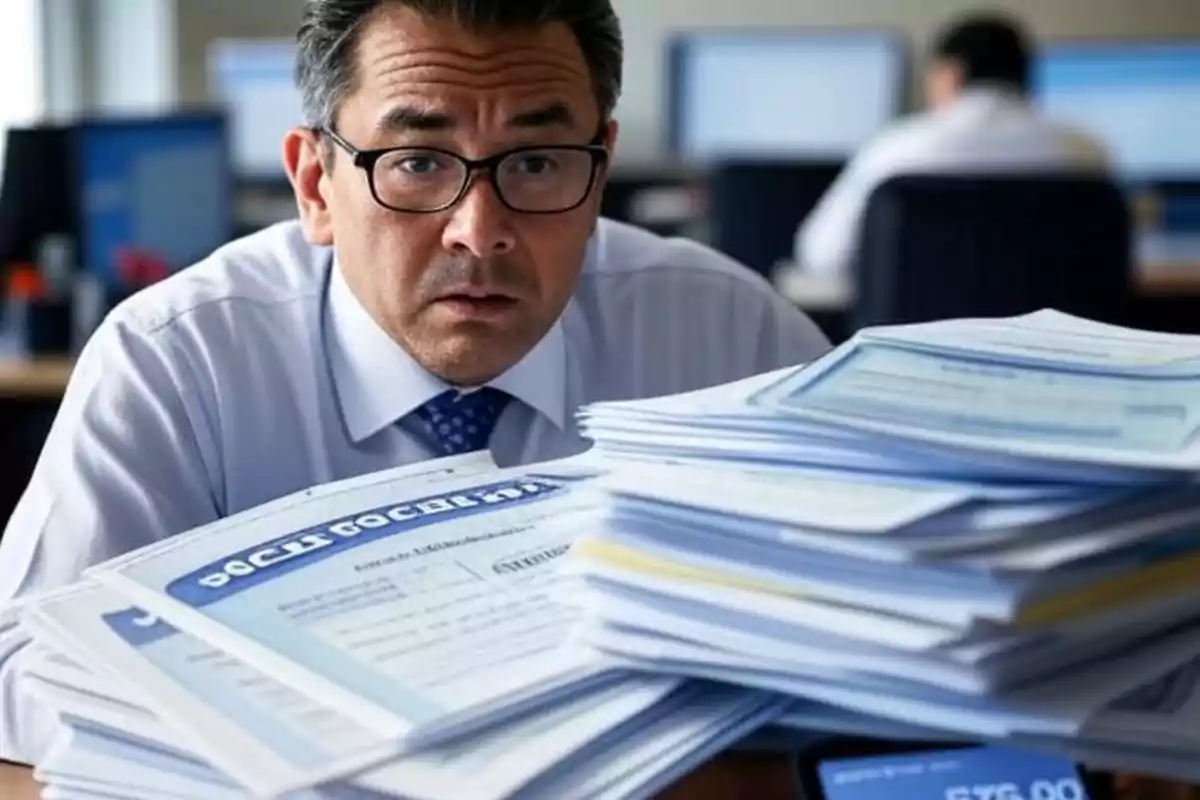For decades, millions of workers in the United States have trusted Social Security as an economic safety net upon reaching retirement. This program has been a promise of stability after years of effort.
However, the situation has changed. The system's sustainability is in question and the time to make decisions is running out. Concern is growing, and with good reason.

The system faces a serious funding problem
Social Security is a federal program that provides financial support to those who stop working, face disabilities, or lose a family member. However, the funds allocated for these payments are disappearing faster than desired. The main fund, responsible for retirement and survivor benefits, could be depleted in 2033.
If that happens, beneficiaries will only receive 77% of the promised amount. Even if both program funds are combined, 100% of payments would be guaranteed only until 2034. From then on, only 81% could be covered, creating a worrying gap.
Where does the money come from and what solutions are proposed?
Social Security's money comes from three sources: a payroll tax, taxes on benefits, and interest caused by accumulated funds. Currently, workers pay 12.4% of their income, shared with their employers.

To keep it sustainable for another 75 years, that tax would need to rise to 16.05%. To make it permanent, there is talk of raising it to 17.6%, which would mean each worker would contribute more than half a million dollars over their working life.
Some experts believe that keeping current benefits intact would be excessively costly for younger generations. That's why two senators have proposed creating a $1.5 trillion investment fund, seeking higher long-term returns.
Acting now is key to protecting the future
Social Security doesn't just affect retirees. It's also a vital safety net for those facing illness or family loss. Any change will directly impact the entire working population.
That's why it's essential to understand what's at stake. The decisions made today will determine whether future retirees can live with dignity or with uncertainty. This isn't a problem for the future; it's an urgent reality that demands attention now.

